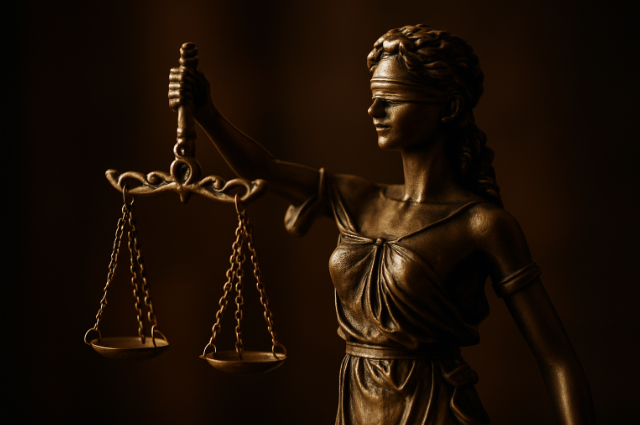
Few issues in criminal justice spark as much passion and political division as the death penalty. In India, the debate sits at the crossroads of law, morality, and politics. While some see it as an essential deterrent against heinous crimes, others view it as a violation of human rights that reflects an outdated approach to justice. The death penalty in India is not merely about crime and punishment—it also reflects competing ideas of governance, political responsibility, and the vision of a modern democracy.
Legal and Political Background
India retains the death penalty in its legal framework, though its use has become increasingly rare. In 1980, the Supreme Court’s ruling in Bachan Singh vs. State of Punjab established that capital punishment should be applied only in the “rarest of rare” cases. Since then, Indian courts have generally reserved it for crimes involving extreme brutality, such as terrorism, mass killings, and certain rape cases.
Politically, however, the death penalty remains polarising. Successive governments, regardless of ideology, have often supported executions in high-profile cases to project strength on law and order. At the same time, voices from academia, civil society, and parts of the political spectrum argue for abolition, citing human rights concerns and global trends.
Supporters claim the death penalty serves as a deterrent and fulfils a political responsibility to protect citizens. For example, in the aftermath of the 2012 Delhi gang rape and murder, public outrage demanded the harshest punishment, and the eventual executions were celebrated by many as justice served. Similarly, the execution of Ajmal Kasab, convicted for the 2008 Mumbai terror attacks, was seen as both justice and an assertion of national security.
The Case Against the Death Penalty
Opponents argue that capital punishment is not an effective deterrent. Studies in India and abroad provide little evidence that it prevents crime more effectively than life imprisonment. Crimes committed in passion, under intoxication, or in acts of terrorism often occur without rational calculation, reducing the supposed deterrent effect.
Another concern is the risk of wrongful conviction. India’s legal system is slow, under-resourced, and at times plagued by flawed investigations. Unlike other punishments, the death penalty is irreversible—any mistake becomes a permanent injustice. Human rights advocates note that marginalised communities, often with poor legal representation, are disproportionately affected, raising questions of fairness and equality before the law.
Critics also argue that the death penalty violates constitutional principles. Articles 14 (equality), 19 (freedom), and 21 (right to life) are fundamental rights enshrined in the Indian Constitution. Abolitionists contend that allowing the state to take life, even in extreme cases, undermines these principles.
Political Divisions in India
Unlike many issues that follow clear party lines, the death penalty cuts across political ideologies. The BJP, emphasising national security, often defends it in terrorism-related cases. Congress has historically supported it in some instances, though certain leaders have voiced abolitionist views. Regional parties typically respond to public sentiment—supporting executions in emotionally charged cases but otherwise remaining silent on reform.
This reflects a deeper reality: while India aspires to modern democratic ideals and human rights standards, its political class remains highly responsive to public demands for retribution. The result is a cautious but inconsistent approach, where executions are rare but abolition remains politically unviable.
Global Comparisons
Globally, more than two-thirds of countries have abolished the death penalty in law or practice. The United Nations has repeatedly urged India to follow suit, but Indian leaders cite unique domestic challenges such as high crime rates and terrorism. For many politicians, abolition risks being portrayed as “soft on crime,” making reform politically difficult.
Conclusion
The death penalty debate in India forces society to confront fundamental questions: What kind of justice system do we want? Should punishment prioritise deterrence, retribution, or rehabilitation? Can the state be trusted with the irreversible power to take life?
While India continues to retain and occasionally use capital punishment, the issue remains one of the most controversial and politically charged debates in the country’s criminal justice system. Ultimately, the question is larger than politics—it is about the values that define India’s vision of justice in the 21st century.
